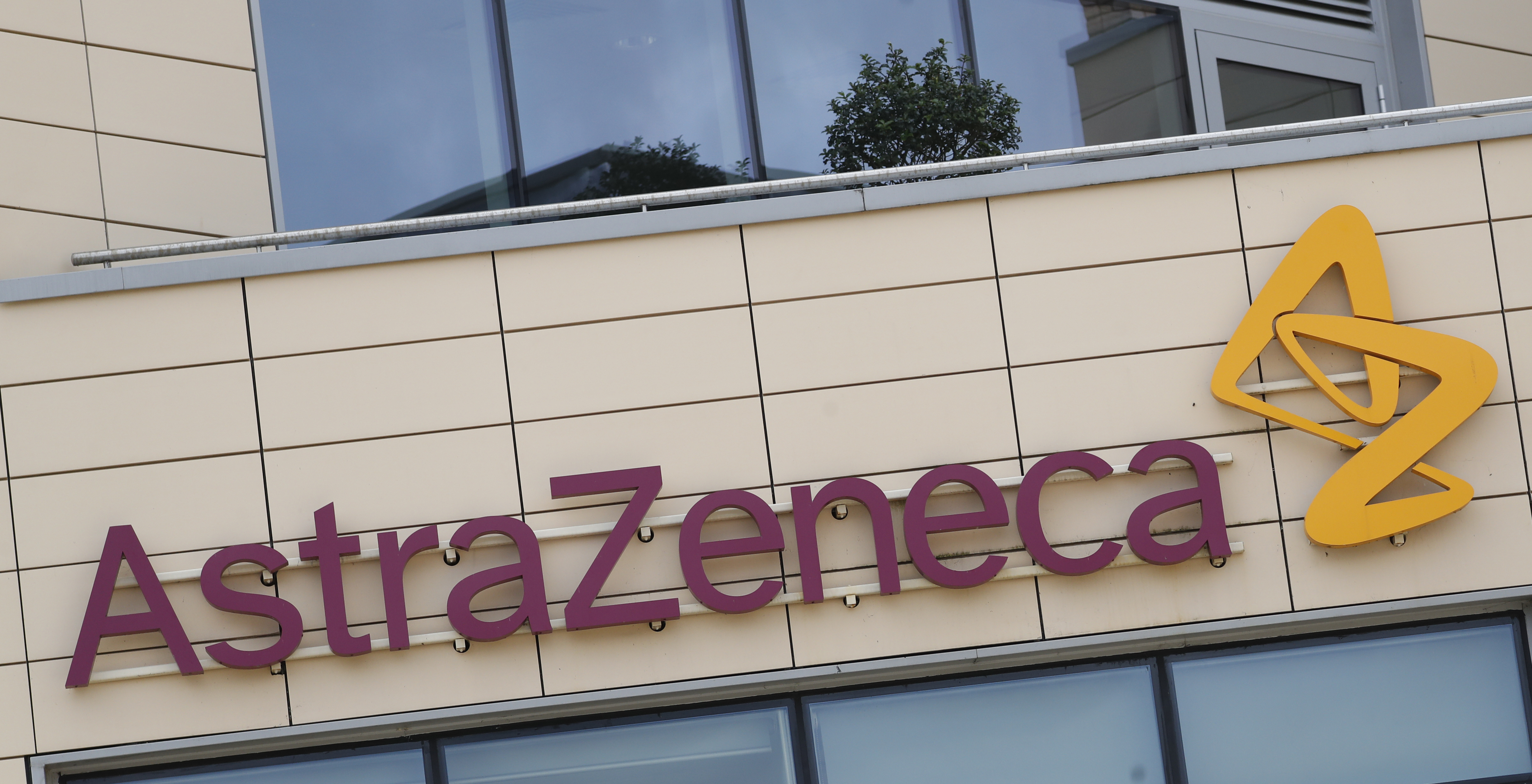KANSAS CITY, Kan. — A drug created at the University of Kansas Medical Center appears to be helping some of man’s best friends survive cancer, and it holds potential to also help humans.
Tinkerbelle, a 10-year-old chihuahua, gives and gets lots of love. When sisters Gabrielle Letsinger and Cassandra Mortensen were petting her neck last year, they felt swollen lymph nodes. It was cancer — lymphoma. By this summer, Tinkerbelle was near death.
“She started not being able to eat or even breathe because of the swelling of the cancer,” said Mortensen.
Then they heard about a study of an injectable drug created by K.U. Medical Center researchers. HylaPlat is a combination of an old cancer drug, cisplatin, and hyaluronan, a naturally-occuring substance in humans. Dr. Daniel Aires said hyaluronan acts as a burrito around the cisplatin.
“The doctor can inject it into the cancer and it’ll stay there for awhile and it won’t cause local tissue destruction because of the burrito-style hyaluronan,” Dr. Aires said.
An initial trial found cancer partially or completely disappeared in five of seven dogs. Tinkerbelle is part of a new trial being done through 15 veterinarians in the Kansas City Metro.
“Any dog, any cancer as long as the family and the veterinarian think there could a benefit to the dog,” said Dr. Aires.
Tinkerbelle got injections monthly for three months and had some liver damage. Dr. Aires said small dogs are at greater risk, but the liver seems to improve with time.
Tinkerbelle’s cancer is no longer detectable. She’s back to her old self.
“I can have more time, more love, more of that connection with her,” said Mortensen.
Dr. Aires said if all goes well, human testing could start in two years. HylaPlat could potentially fill the need for new treatments for inoperable tumors.
“She gets to be a part of something much bigger than her,” Mortensen said.
Something for other dogs and maybe even humans.
Anyone who has a dog with cancer may call (913) 588-3840 or email jadams4@kumc.edu for more information on the study.


